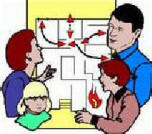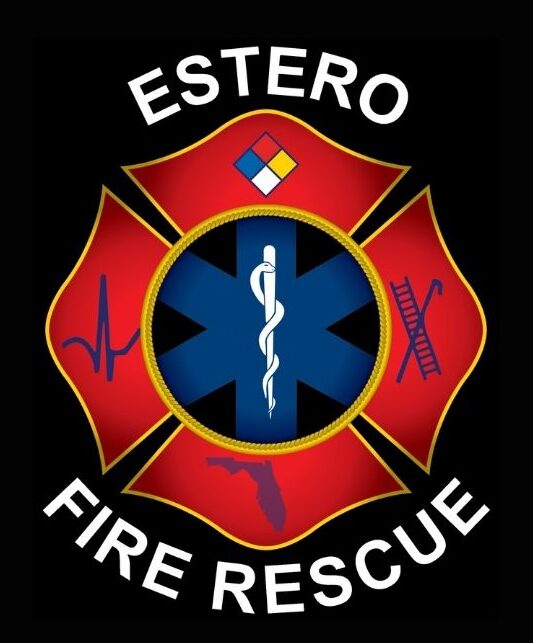Plan ~ Then Practice
 Have you practiced your plan recently? You should, because changes that happen within your home could affect how well the plan works. By practicing four times every year—once every time the season changes—you can make any changes that will ensure you and your family’s safety.
Have you practiced your plan recently? You should, because changes that happen within your home could affect how well the plan works. By practicing four times every year—once every time the season changes—you can make any changes that will ensure you and your family’s safety.
Have you practiced your plan in the dark?
You should, because it’s important to simulate as much as possible what a real fire situation would be like. Most fires happen at night, and the smoke from a fire can make it impossible to see anything. By practicing in the dark, you can see how well your plan works when you have to “feel” your way along your escape route.
Have you tested whether everyone is awakened by the smoke alarms? If someone doesn’t wake up, you may need to install a new alarm over their bed. When you practice your plan, hold a fire “drill” at night, when people are sleeping. Some people especially children sleep so soundly even a smoke alarm won’t wake them.
In a fire, the smoke will rise towards the ceiling, so crawling on your hands and knees will give you practice with staying down where it’s easier to see and breathe.
Have you kept your hallways and stairs free of clutter?
While boxes, book, bicycles, carriages, plants and toys may seem harmless in the daylight, they can become dangerous obstacles during a dark, smoky fire. They may trap you from getting out and a firefighter who’s trying to get in.
Did you remember to close doors behind you after you’ve gone through? Open doors allow for free oxygen flow, which can help a fire spread to other parts of your home. Closing doors behind you helps to contain any fire.
If you have self-closing fire doors (many apartment buildings do), did you make sure that the doors were able to close behind you? Often obstacles such as thick doormats will keep doors open, allowing oxygen to fan the fire.
Does your family sleep with their doors closed?
If so, you may want to install a smoke alarm in each of these rooms. Consider installing inter-connected smoke alarms. This can give everyone in your home an early warning, because all inter-connected smoke alarms sound when one goes off.
Don’t PANIC. Practicing your evacuation plan will help you to remain calm and in control.

